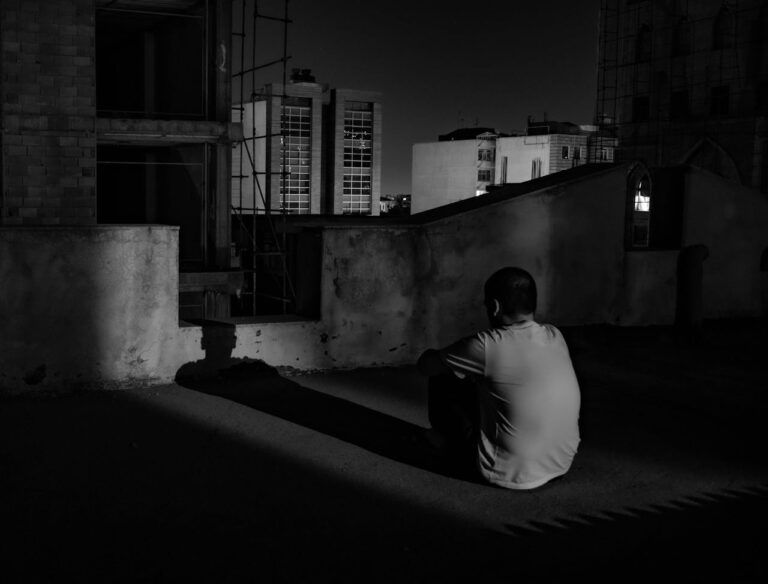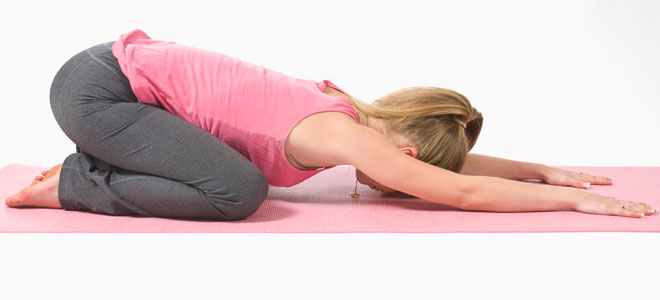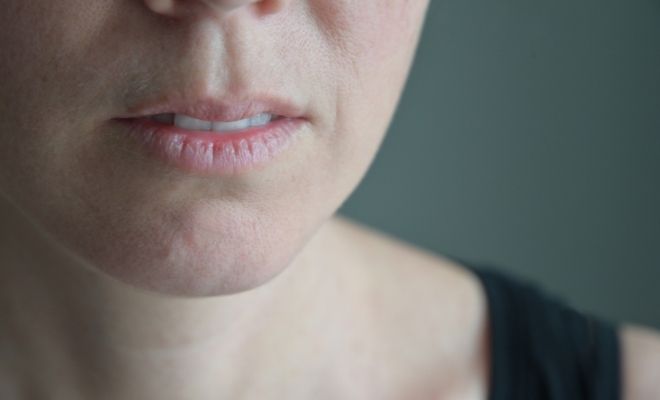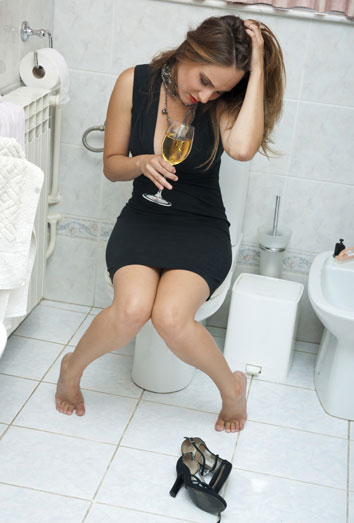When we talk about anxiety symptoms, we usually refer to those specific physical reactions that are quite annoying, such as shortness of, dizziness, excessive sweating or tremors. But anxiety manifests itself with other, more persistent symptoms that reduce your quality of life. One of them is the lack of concentration due to anxiety. We help you to focus again and regain attention.
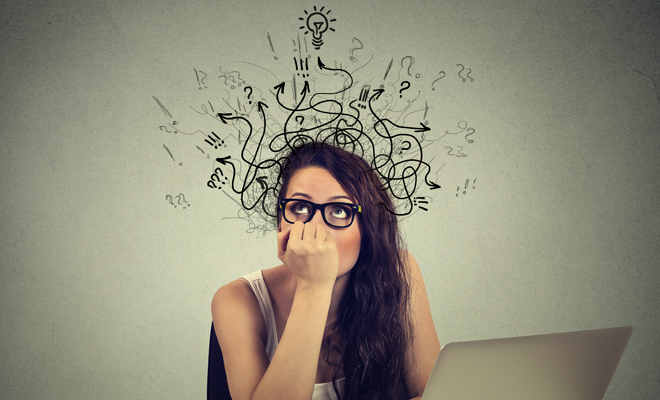
Lack of concentration as a symptom of anxiety
Concentration is the ability to focus our attention on a specific stimulus or on a specific action. We need this to study, to work, to watch a movie, to read a novel or even to follow a conversation with a friend. And we don’t always have it, right? Especially when we are suffering from an anxiety disorder.
Because anxiety puts our focus on everything and nothing at the same time. The mind becomes a skein full of knots that seem impossible to undo. And that skein of worries, real or unreal problems, negative thoughts, distorted thoughts or obsessions covers the entire head and does not allow us to think clearly. Everything is blurred, except fear, anguish or tiredness. And so it is impossible to concentrate.
The consequences of a lack of concentration due to anxiety vary, but of course we can lose our job, so take it seriously. It is not another, the lack of concentration can turn our lives into hell and can create more problems for us than we have.
Tips to regain concentration
It’s tempting to think that we can’t do anything about a lack of concentration as long as we have an anxiety disorder. But it’s not like that. There are some things we can do to focus on what interests us and thus reduce. I’m sure some of these tips will be useful to you.
Mindfulness to calm anxiety and regain concentration
Since anxiety generates a huge number of thoughts and most of them are unproductive or negative, you can resort to Mindfulness. Yes, it is a practice that is very fashionable but that has been working for millennia to overcome a lack of concentration.
Precisely, Mindfulness consists of focusing your attention, sometimes on your breathing, sometimes on your sensations, other times on a thought that creates well-being, and other times simply observing what comes to mind and accepting it. At first you may think that it is not useful for you when studying for that exam, but the truth is that it is. Because it has been scientifically proven that Mindfulness regularly transforms the cerebral cortex by stimulating the areas that deal with learning, memory and concentration.
The Pomodoro technique for concentration
If you are looking for a faster and more tangible trick, you can try the Pomodoro technique. Know what it is? Surely you have seen those tomatoes with a timer to control the cooking time of food. Or maybe you have seen them in the form of an egg or something else. Actually, it doesn’t matter what format they have because you can even install it on your computer.
What the Pomodoro technique does is help you manage your time. In 25-minute slots, for example, you can study or work more concentrated, knowing that after that time you can rest for a moment. What is 25 minutes? I’m sure you can keep your attention for the duration of the Pomodoro. And when you see that you are concentrating well those 25 minutes you can increase the time.
Attention to distractions that steal your concentration
Working or studying while notifications arrive on your desktop or mobile, especially if you have trouble concentrating. When you need to concentrate, eliminate possible distractors. You can have the mobile silent and disable desktop notifications.
If you can’t last the whole day without entering social networks, do it only in the moments that you reserve to rest or dedicate a limited time to do so. The rest of the time focuses your attention on what you are doing.
Disconnect to connect
Anxiety leaves you tired, exhausted and exhausted and the truth is that we are not machines. Anxiety fills your head with sound stress that it is normal for you not to be able to concentrate. Nobody endures that much mental load without repercussions, so the best advice they can give you is to rest frequently.
As you already know, everything works again if you disconnect it for a moment. And that works for you too. Disconnect, do something you like or are passionate about and put all your senses into enjoying it. It is the best way to connect and regain concentration.
And, above all, remind you that if you need extra help, don’t hesitate to ask for it. A psychology professional will be the one who can best help and accompany you in the transition process that you are carrying out due to anxiety.

